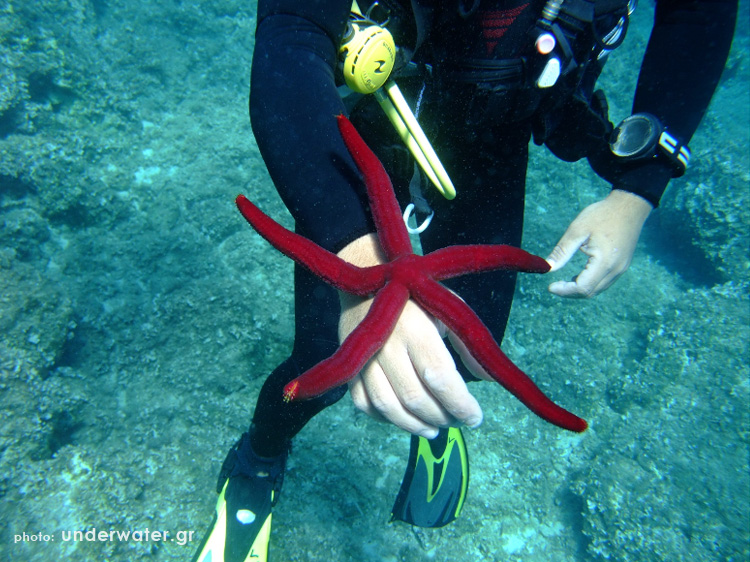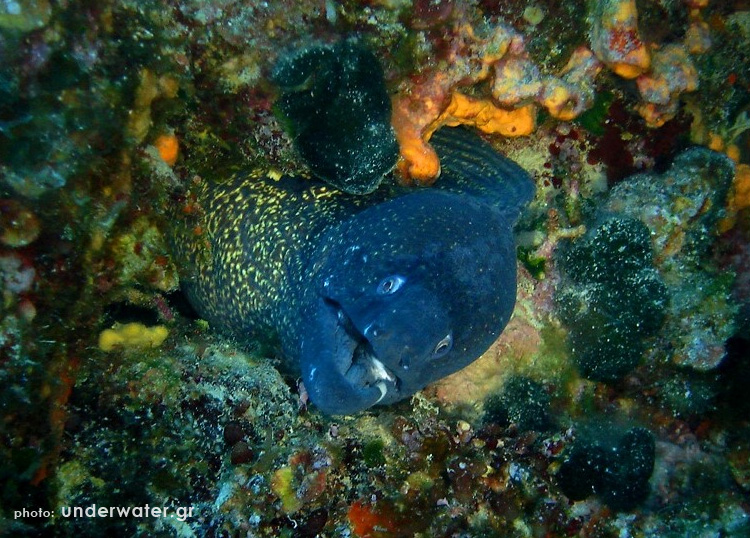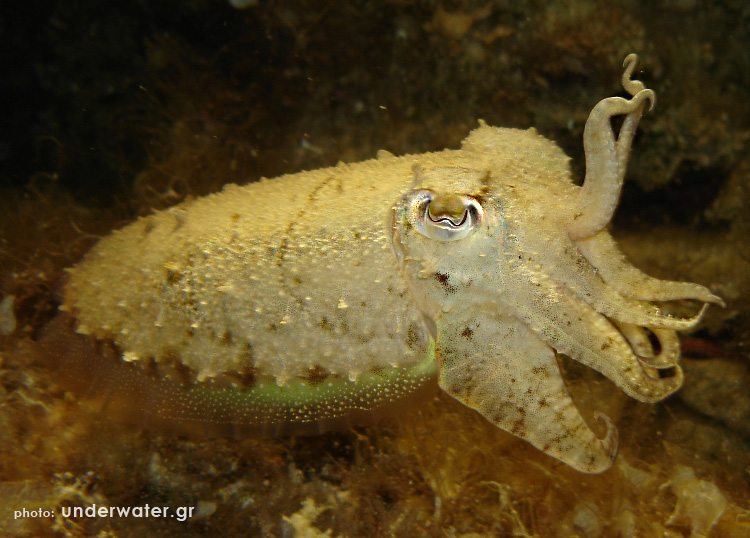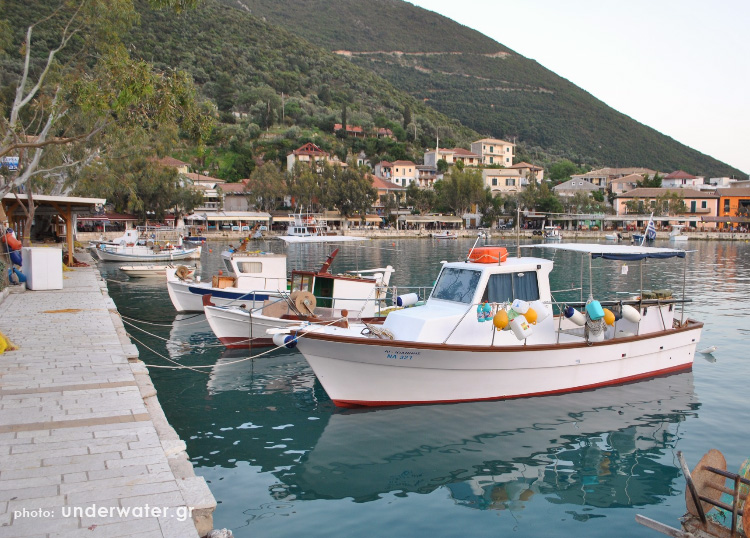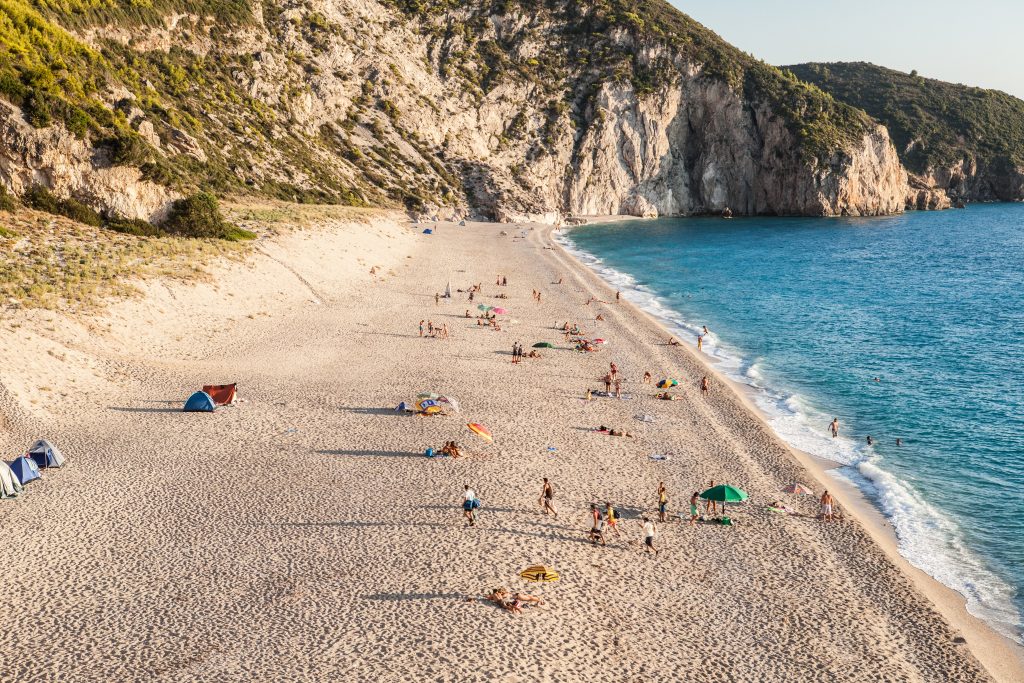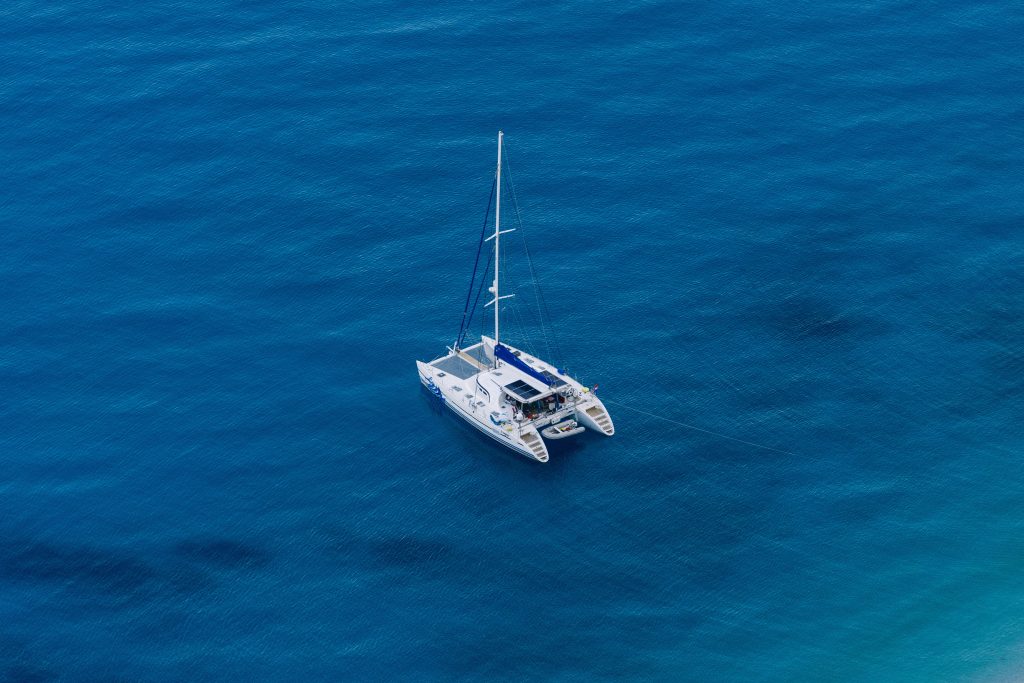HISTORY
The myth about Sappho’s suicide at Cape Lefkada (named “Dukato”) is related to other myths linking the island to the ancient Greek goddess of love, Aphrodite, and to Odysseus, the hero of Homer’s Odyssey. The German archaeologist Wilhelm Dörpfeld, having performed excavations at various locations of Lefkada, was able to obtain funding to do work on the island by suggesting that Lefkada wasHomer’s Ithaca, and the palace of Odysseus was located west of Nidri on the south coast of Lefkada. There have been suggestions by local tourism officials that several passages in the Odyssey point to Lefkada as a possible model for Homeric Ithaca. The most notable of these passages pushed by the local tourism board describes Ithaca as an island reachable on foot, which was the case for Lefkada since it is not really an island, that it was connected to the mainland by a narrow causeway. According to Strabo, the coast of Acarnania was called Leucas in earlier times. The ancient sources call Leucas a Corinthian colony, perhaps with a Corcyraen participation. During the Peloponnesian War Leucas had joined the Spartan Confederation.
DESCRIPTION AND GEOGRAFY
Lefkada measures 35 km from north to south, and 15 km from east to west. Its area is 336 km2. Its highest point is the mountain Stavrota, 1158 m elevation, situated in the middle of the island.
Lefkas has a distinctive flavour, partly Ionian, partly Epirot.
The east coast is sheltered, pretty and shingly, with pine and olive trees to the water’s edge. There are good views too, across to the mainland or the four Prince’s Islets in the strait.
The west coast is very different – rugged and open, with sheer white cliffs towering above an azure sea and fabulous beaches, some only reached by boat. The mountainous interior is delightfully green with many working villages to explore. Some, such as Karia, are known for their traditional crafts (in this case embroidery). All can be easily reached by car. Lefkas is noted for its wine, and an annual festival of folk dancing, held in August.

